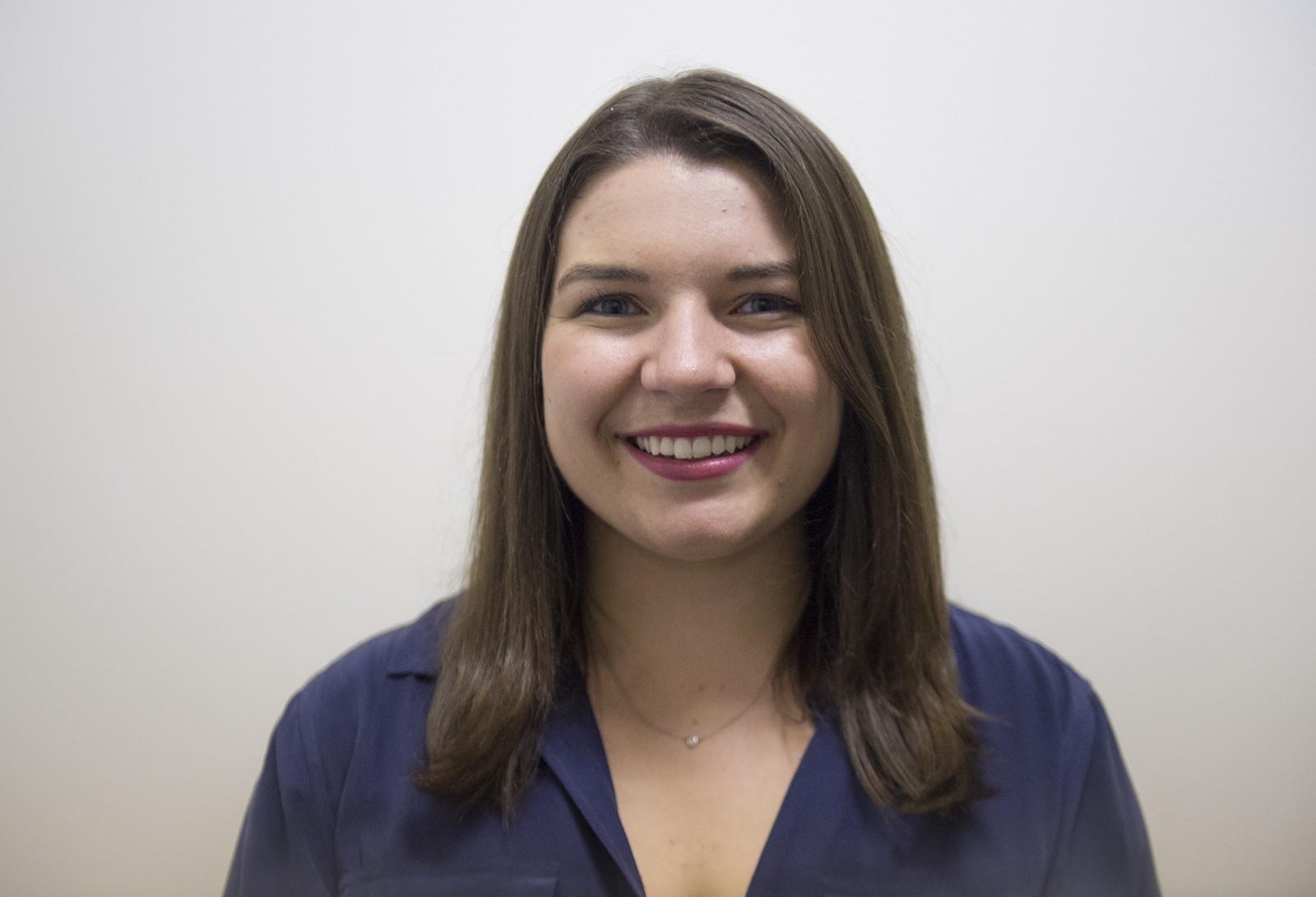I was recently talking with a few of my coworkers about my relationship status. We got on the subject of dating apps, and the ways in which they’ve started being taken seriously in recent years. Then we started talking about the ways in which we’ve met our significant others. One of my coworkers remarked that if he and his wife had met on an app, they never would have gotten along — they are too different. Another coworker commented they knew someone who met their current spouse on Match.com. Stories like that piled up, and it made me wonder about the ways in which people connect.
During this conversation, I had to explain to my coworkers that I met my current boyfriend on Hinge, which I’ve described as a relationship app. I don’t think either one of us was really looking for anything specific, but when we started talking, it was clear that we would get along. I don’t know what brought us together, but all of this conversation made me wonder — is there an algorithm for love? What is the chemistry of chemistry? If you mix two people with similar interests who live near each other, do you end up with a perfect match? I don’t think there’s one way to answer these questions.
There is so little that we know about how a lot of these dating apps and websites work. Sometimes the matching of two people feels completely random; other times it feels like it was a long time coming. Going to school in Boston makes for interesting swiping. Because of the plethora of the schools in the area, it becomes the “who’s who” of single academia. Exes, friends of exes and your friend’s exes are all fair game when it came to swiping through these apps. But knowing this could happen never stopped the shock of seeing someone who wrote you a breakup poem freshman year on Bumble. Hypothetically speaking, of course.
All of these dating and hookup apps have different ways of trying to bring people together. Tinder, the dating app used for hookups and sometimes jokes, will match you with people in the age and distance range that you set. Bumble, an app used for both relationships and hookups, works with the same proximity, but the women are required to be the first to message, or else the matches disappear. On the other hand, Hinge allows for a little more information to be matched up. The app includes three questions about personality traits, fears and funny stories.
These apps use specific algorithms to make sure that certain people see each other. A while ago, I tried The League, which would send me notifications about people they thought I would be a “perfect” match with. The app made these assumptions after collecting millions of data points over time. How could something be so calculated?
Chemistry and compatibility have been studied for years. Matchmakers, although perhaps more thoroughly than apps, pair people together based on pieces of their personalities. Matching people together is not a new concept, but these datings apps have tried to find a way in which they can do that through science. Does it work as well as it does in real life?
It’s hard to determine exactly how and why people get together, and sometimes even harder to explain how they stay together. There is a school of thought that devalues relationships that are moderated by apps and dating websites. When you hear people talk about their friends meeting their significant others on dating apps, the first question you hear asked is: “Oh really? Is it going to last?” This, of course, implies the app itself has anything to do with how the relationship will last.
The relationship might end like they do if you meet in person, but that doesn’t mean the connection wasn’t real. Relationships start and end all the time, and the place in which people meet doesn’t have any implication on the value of the connection. Whether people meet on an app or in person — if the connection is real — then it doesn’t matter how they met. As long as the relationship is built on mutual trust, admiration, respect and some rationality, then the source doesn’t matter. A connection is a connection.





















































































































